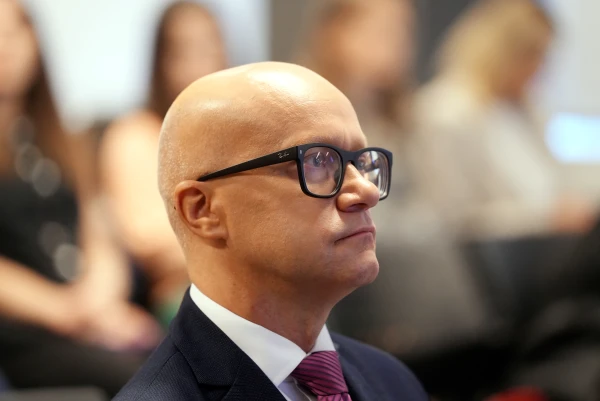
In an interview on the program "900 Seconds" (TV3), State Auditor Edgars Korčagin discussed how the audits conducted this year by the State Control went, how recommendations are being implemented in practice, and in what direction the social cohesion policy and the role of the Society Integration Fund should be reconsidered.
Korčagin noted that last year the State Control conducted a number of important audits, the conclusions of which were loud and sometimes alarming. They revealed issues in the management of energy policy, fragmentation of the hospital network, oversight of the capital shares of the airline Air Baltic, and also showed that the Port Development Fund had long served the interests of individual officials.
"The results vary – some recommendations can be implemented quickly, while others will take more time," Korčagin explained.
He cited the changes in the Port Development Fund as a positive example, where problematic practices have been halted, and a new model of operation is now being considered. At the same time, long-term recommendations, such as social cohesion policy or management in the energy sector, are being implemented more slowly, and tangible results can be assessed in the coming years.
Particularly significant progress has been made in advancing the reform of the public procurement system. The Ministry of Finance actively responded to the issues identified during the audit, preparing proposals that the government has already sent to the Saeima. Korčagin also emphasized the work initiated by the Ministry of Health to streamline the hospital network: "This will not be easy, as elections are approaching, but it is important that the work has begun."
Speaking about the influence of the State Control, Korčagin emphasized that the main strength of the organization lies in the public weight of its words and its ability to identify problems. "Our main tool is our word. We are loud, and we talk about it," he said, adding that the State Control continues to actively monitor the implementation of recommendations.
The conversation also discussed the social cohesion policy and the role of the Society Integration Fund (SIF). The audit showed that it is unclear what goals this policy is pursuing, which groups it affects, and how funds are being used. Korčagin noted: the problem is not with the fund itself, but with the inability of ministries to manage this policy purposefully, resulting in the SIF being in a position where it has to do what the ministries have not done.
Speaking about the planned functional audit, Korčagin explained that the State Control will not conduct it. "First, the ministries themselves must decide what and to what extent they want to delegate to the fund," he clarified. The work of the fund is extensive – it implements activities for social cohesion, allocates funding for media, organizes food package programs – so in each area it is necessary to determine what to leave under the fund's management and what to transfer to the ministries' responsibility.
Korčagin emphasized: the task of the State Control is to identify problems and point out possible solutions, while the responsibility for implementing the corresponding changes should rest with the policymakers.

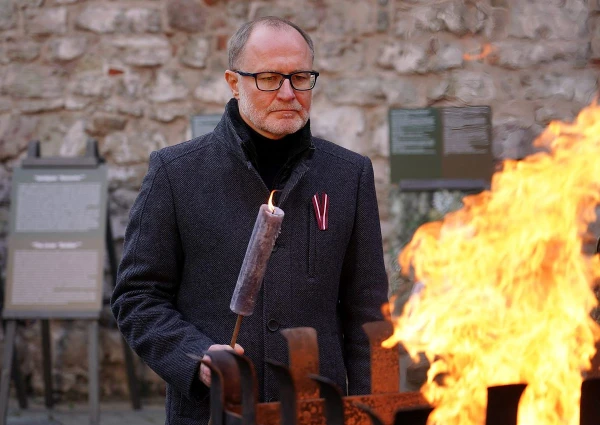
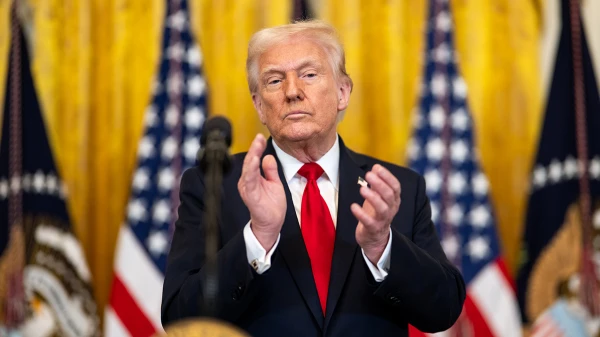
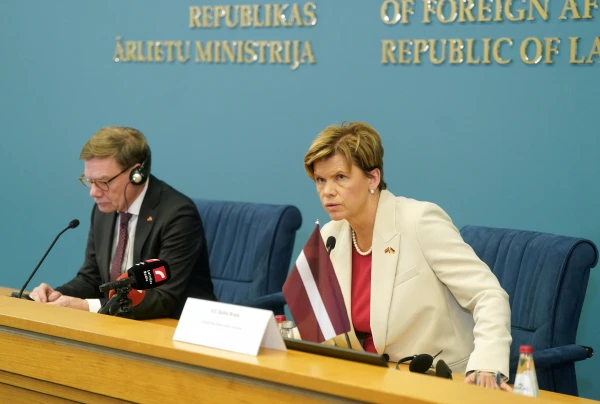

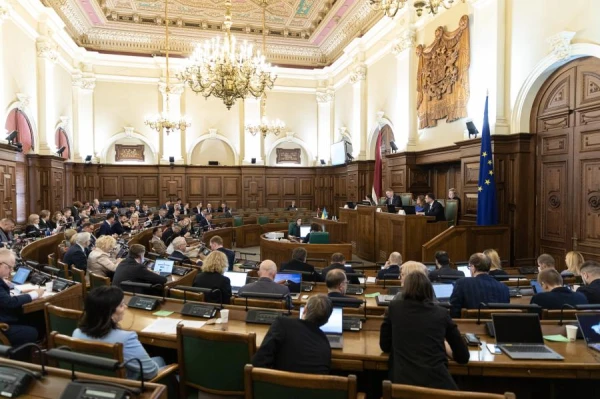
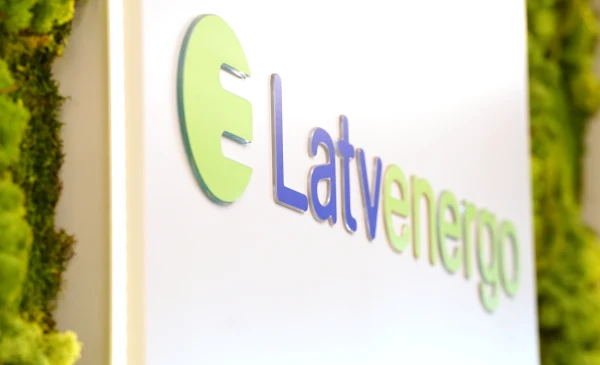

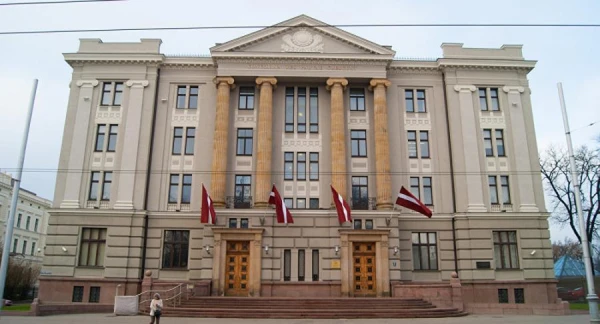

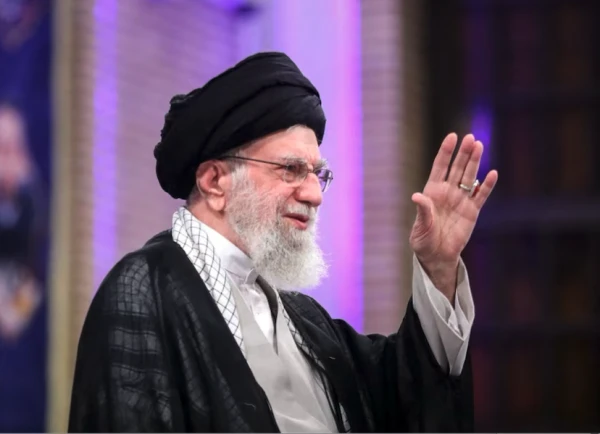


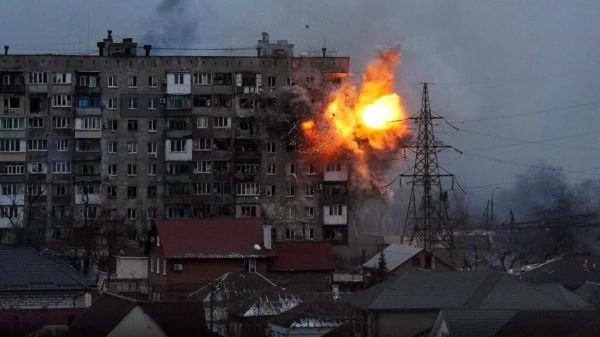
Leave a comment